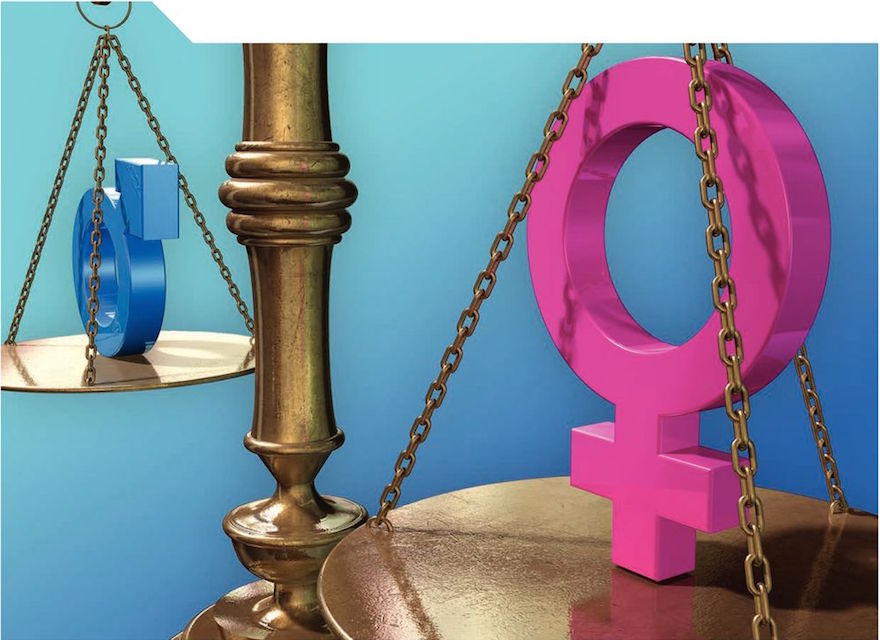PARIS (INPS | OECD) – The 34 member countries of the Organisation for Economic Co-operation and Development (OECD) countries have strengthened their determination to work towards greater gender equality in public life – including in governments, parliaments and judiciaries – with concrete measures to improve women’s access to leadership and decision-making roles and integrate more of a gender perspective into public policies.
The OECD Recommendation on Gender Equality in Public Life, launched on International Women’s Day and in the spirit of the UN Sustainable Development Goals, calls on member countries to ensure fair pay and equal opportunities for women and men at all levels of government, in parliaments, judiciaries and other public bodies, enacting pay equality laws where necessary.
The Recommendation to member countries suggests measures such as introducing quotas or voluntary targets, parity laws, disclosure requirements and linking public funding for political parties to their gender ratios. It proposes setting objectives for gender equality with timelines, and penalties could be considered for non-compliance with regulations.
Other actions recommended include rethinking traditional working hours to provide more flexibility for working mothers and offering incentives to men to take parental leave. Gender perspectives should be integrated into parliamentary practices, legislation and budgets.
“Empowering and encouraging women to take a bigger role in the public bodies that create laws and run public services is not only morally right but it is generally good for an institution’s performance, good for equality and good for improving trust in governments,” said OECD Secretary-General Angel Gurría, launching the Recommendation at an OECD conference on women in leadership. “Achieving gender balance in public leadership will require a cultural change, but there are concrete measures we can take to speed up this process.”
Less than half of OECD countries have met the 30% level of female parliamentarians the United Nations recommends for women to effectively influence policy. On average, women held 29% of OECD parliament seats in 2015, up slightly from 23% in 2005. The share of women ministers was also 29%, versus 21% in 2005. (See the new OECD gender portal.)
Globally, women account for 6% of elected heads of state, little changed from 4% in 2005. (See complete interactive chart on women in parliament for 45 countries)
In non-OECD countries one Member of Parliament in five is a woman, with shares ranging from zero women in Haiti and Qatar to 63% female parliamentarians in Rwanda – which boasts the highest share of female MPs in the world.
The OECD’s SIGI gender index, which looks at women’s political voices across 160 countries, shows legislative quotas can make a difference, but negative stereotypes about female leadership must also be challenged. For example, even with quotas in place, women occupy less than 10% of parliamentary seats in Brazil, Democratic Republic of the Congo and the Republic of the Congo, whereas Finland and Sweden have high levels of women but no quotas. (Full SIGI report on gender discrimination.)
In the corporate sector, women’s access to leadership positions also remains challenging, despite a growing consensus that tapping into the under-exploited talent pool of qualified women is good for companies’ performance. The G20/OECD Principles of Corporate Governance suggests using voluntary targets, disclosure requirements, boardroom quotas, and other initiatives to enhance gender diversity on boards and in senior management. [INPS – 8 March 2016]
Image: OECD

